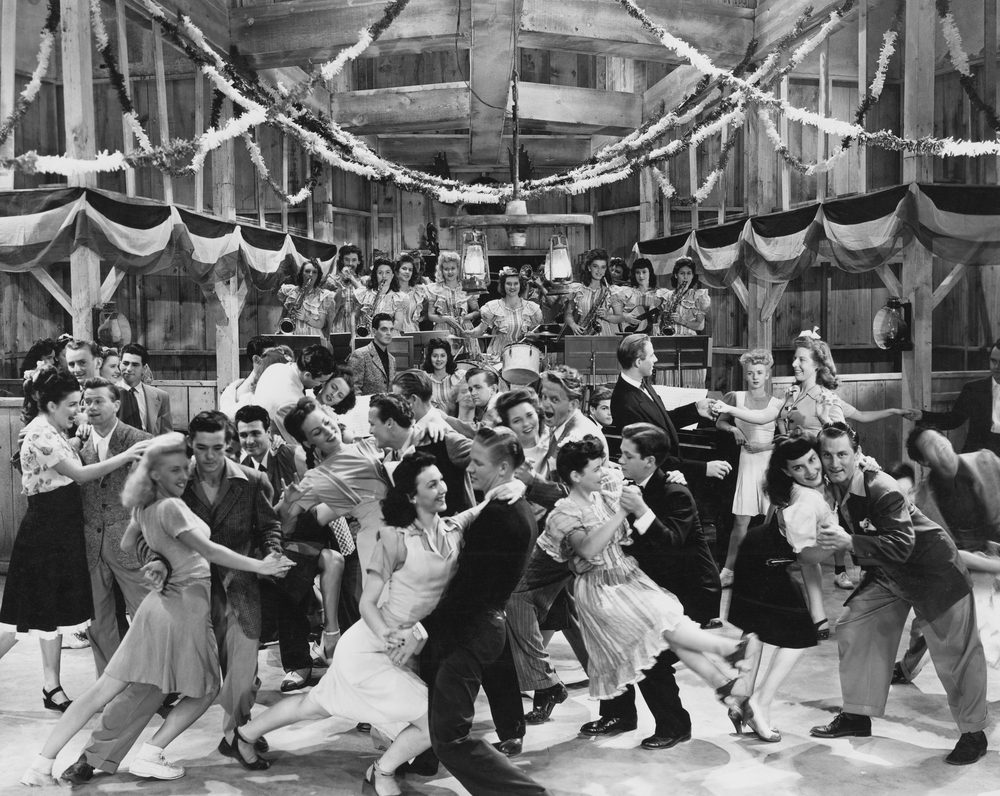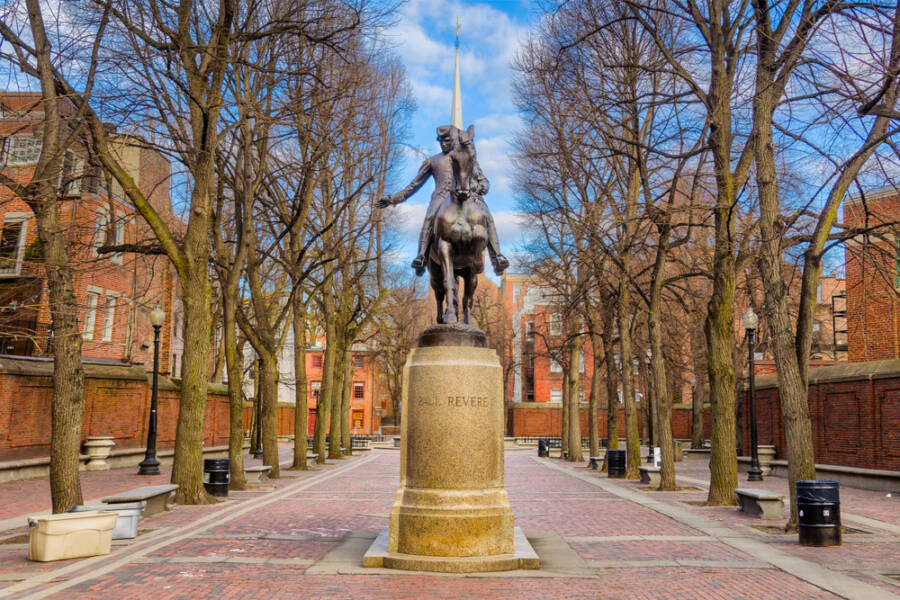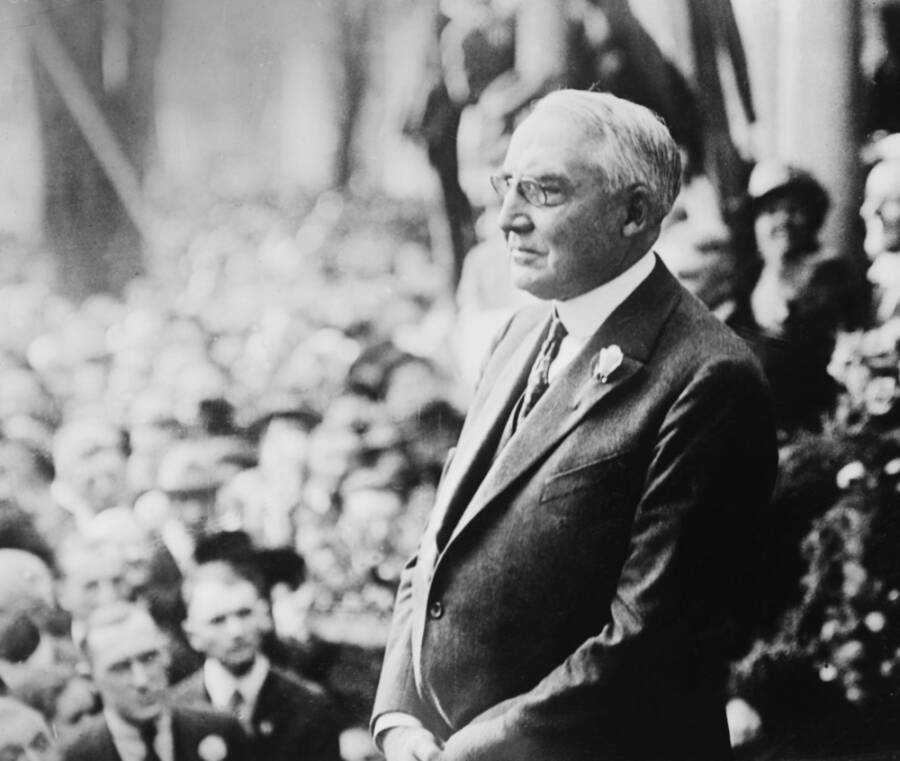8 Crucial Things That Marked the 1970s
At the end of the 1960s, the world was facing one of the biggest “steps” in humanity: the first man that ever placed a foot on the moon, while a brand new era was starting. And when we say that, we’re talking about all kinds of stuff: from a major American political scandal to the heartbreaking break-up of the Beatles.
Let’s face it, the 1970s were loaded with major events, which made the decade worth remembering. Many iconic movies hit our screens, such as “Grease” and “Willy Wonka, and Chocolate Factory”.
Also, the 70s were the years when punk and disco music started dominating the music scene, while the world was mourning the sudden death of the King of Rock n Roll. If you want to know more about this marvelous period, here are some of the most important events:

The End of the Swinging Sixties
The first years of the 70s were all about the Swinging Sixties coming to an end. The 60s got stuck with this nickname from the youth-driven cultural revolution that started in the United Kingdom, where art, music, and fashion were nourishing.
The Swinging Sixties were mainly characterized by the Beatles, different fashion trends such as the miniskirt, the never-ending mob culture, and, when it came to politics, the anti-nuclear movement.
London was the main center of the Swinging Sixties, where the famous bands the Who and the Kinks were ruling the “London sound”, and Carnaby Street became known as an iconic shopping spot.
The Vietnam War and the Anti-War Movement
The Vietnam War is one of the most controversial battles the United States ever had, as the soldiers were fighting in the fields and protests against the war were breaking out at home. By the 1970s, so many American citizens started to resent their nation’s involvement in the war.
In fact, many were willing to travel anywhere to protest against the war, as happened in April 1971 demonstration in Washington D.C. Various anti-war movements were initiated throughout the United States, as protestors started opposing the war on both economic and moral grounds.
The public knew all about the ongoing casualties and growing costs and believed that the war had reached another level, that was far beyond the national interest.
End of the Civil Rights Movement
As the classical Civil Rights Movement occurred during the 1960s and the Civil Rights Act was finally passed in 1964, activists kept on fighting for equality throughout the 1970s. The sudden death of Malcolm X and Martin Luther King Jr. in 1968 only opened the door to a brand new era of activism, and the 1970s is also known as the beginning of the post-civil rights movement era.
But throughout the 70s, African American activists made a ton of progress when it came to business, academia, and even politics. Here are some of the most important civil rights movements that occurred in that decade:
- The Supreme Court case known as Swann v. Charlotte-Mecklenburg Board of Education was in 1971, which allowed students to be a part of bussing to achieve integration.
- Shirley Chisholm was remembered as the first African American candidate in a major party for President, and she was also the first woman that ran for the Democratic presidential nomination in 1972.
- In 1976, Black History Month was founded by Professor Carter Woodson.
The LGBTQ Liberation Movement
The LGBTQ Liberation Movement grew in the 70s, fighting for equal rights for all the members of the community and decriminalization of homose*uality. Back in ’69, the Stonewall riots happened, during which members of the LGBTQ community fiercely fought against the police raid that started at the Stonewall Inn, which was a popular LGBTQ bar back then, in New York City.
The Inn was filled with police officers that were there to clean the area of “se*ual deviants”. The riots that followed are considered to be the pillar of the new movement that was about to start, just in time for a brand new decade.
The movement managed to win a lot of territory throughout the years, especially when it came to the profound stigma that was linked to homose*uality at the time. Even if Canada, England, and Wales have decriminalized it, the United States was still behind on it, as the American Psychiatric Association only agreed to remove homose*uality from the list of psychiatric disorders in 1973.

The Watergate Scandal
The Watergate Scandal was one of the biggest political scandals that occurred in the United States. It was also one of the most relevant events of the 1970s. The scandal became public after five thieves got arrested at the Watergate office-apartment-complex, back on June 17.1972.
Nothing uncommon, right? Only this event led to the resignation of President Richard Nixon. Apparently, these thieves were meant to spy on the Democratic Party, whose headquarters were nowhere else than…in the Watergate complex!
Their first break-in proved to be a real success, but the second one? They managed to get arrested. But it was later discovered that President Nixon was involved in this matter, as two Washington Post reporters leaked secret information from a very anonymous source. President Nixon wasn’t only aware of the break-in, but he was actually involved in the whole scheme.
The Cold War
The Cold War marked the 70s, ad the capitalist West and communist East were still fighting over territory and their own political approach. Historians still debate up to this day when the war started and ended.
After the Cuban Missile Crisis in 1963 and the extremely humiliating Vietnam War, the United States, the Soviet Union, and China tried to make a great effort to patch up their relationships and reduce existing tensions.
It is known that back in 1972, SALT I was approved by U.S. President Richard Nixon and Leonid Brezhnev, who was the leader of the Soviet Union at the time. The agreement decided on the limit of Intercontinental Ballistic Missiles each country was allowed to own but didn’t put any kind of limit on the creation of other nuclear weapons.
Roe v. Wade
Back in 1973, America faced a groundbreaking legislative decision following the Supreme Court case of Roe v. Wade, which was targeting women’s reproductive rights. With a vote of 7 to 2, it was then ruled by the court justices that the government didn’t have the needed power to prevent abort*ons.
This ruling was decided after Norma McCorvey decided to challenge the law of criminal abort*on in Texas, which back then prohibited such action and deemed it to be unconstitutional.

The Death of Elvis Presley
One of the most shocking events of the 70s was marked by the death of Elvis Presley. At only 42 years old, Elvis’s death took the front-page headline news for quite some time, especially since he never stopped performing before his sudden death and showed no signs whatsoever of being ill.
At the time of his passing, Elvis was resting between two shows at his private mansion in Graceland, when he was found laying face down on the floor. After he was pronounced dead, a doctor performed a quick autopsy to find the cause of his sudden death. They found out that Elvis suffered from diabetes, even if the star had no signs of having suffered either from a stroke, lung disease, or even heart disease.
If you enjoyed reading this article, we also recommend reading: JFK’s Assassination: 5 Proven Facts That Don’t Add Up





